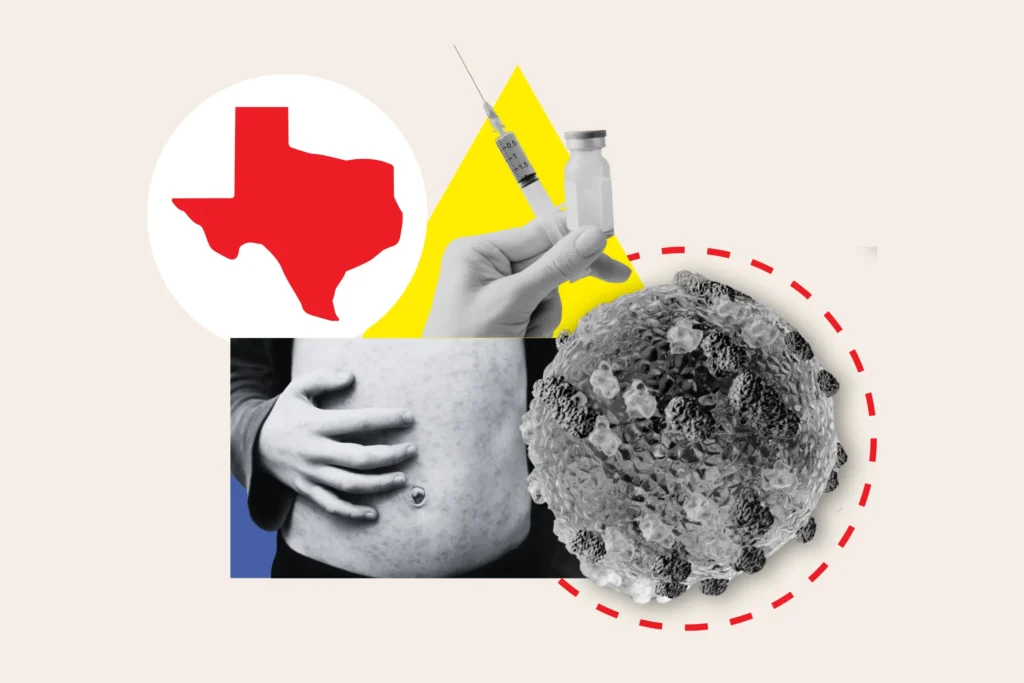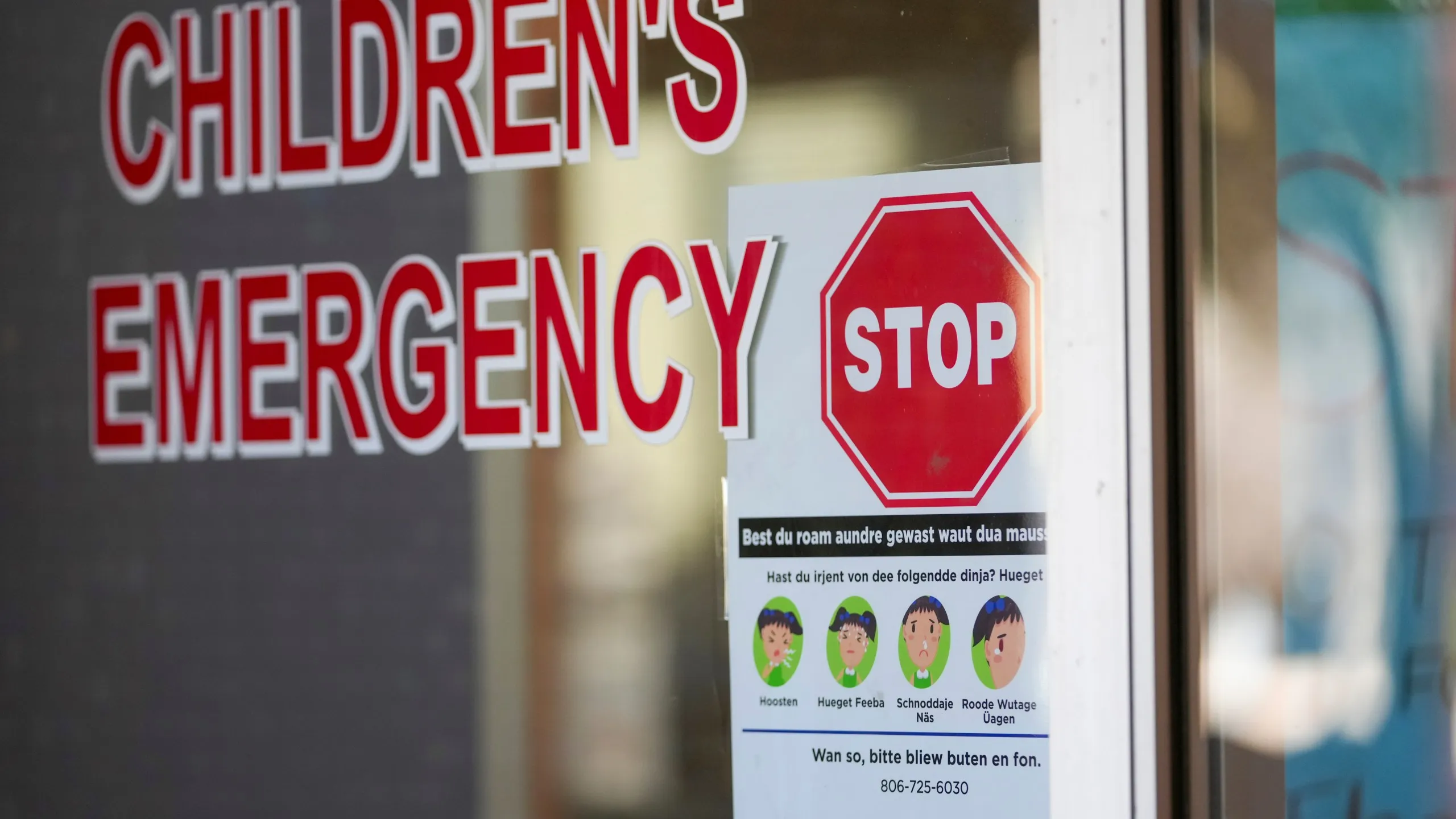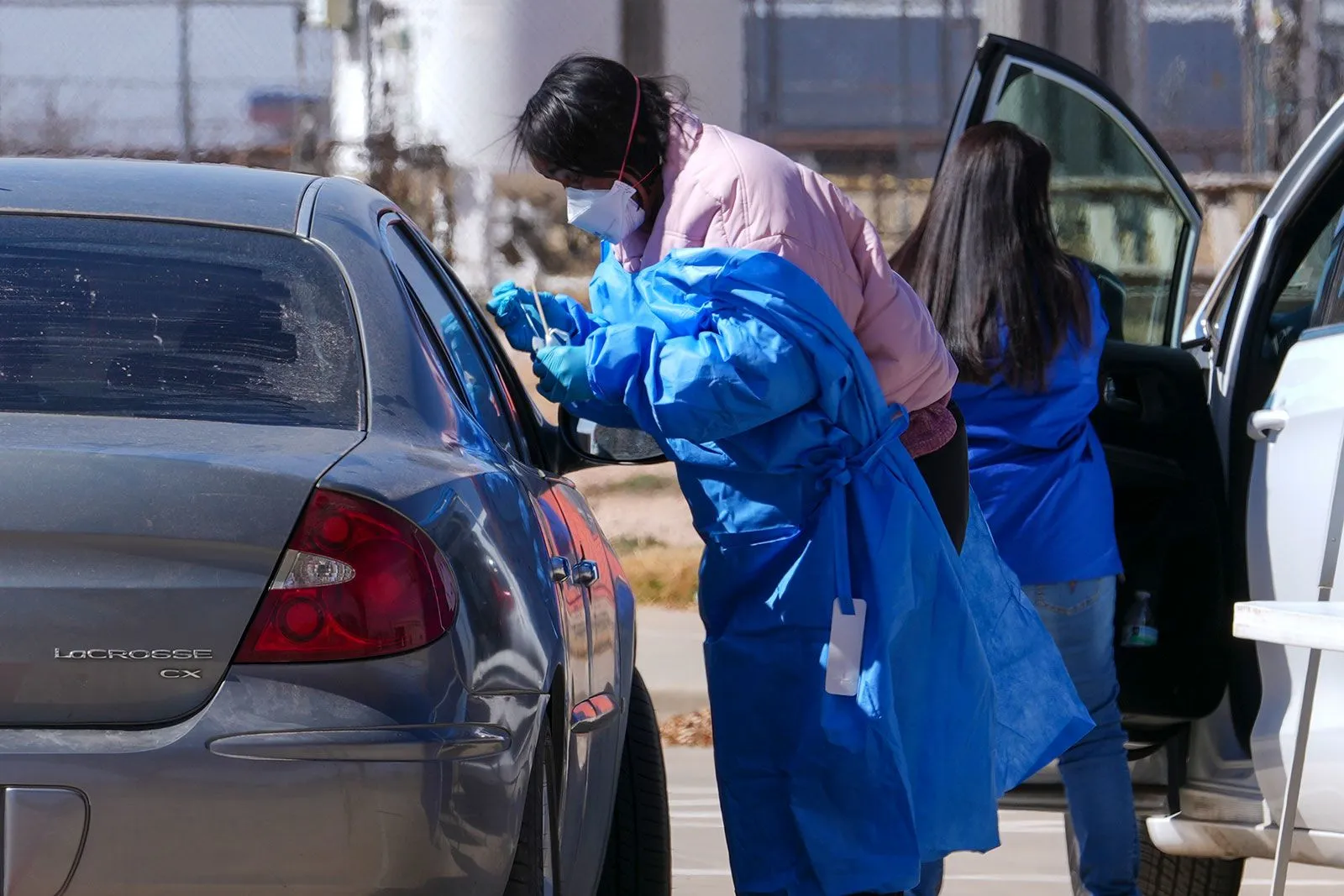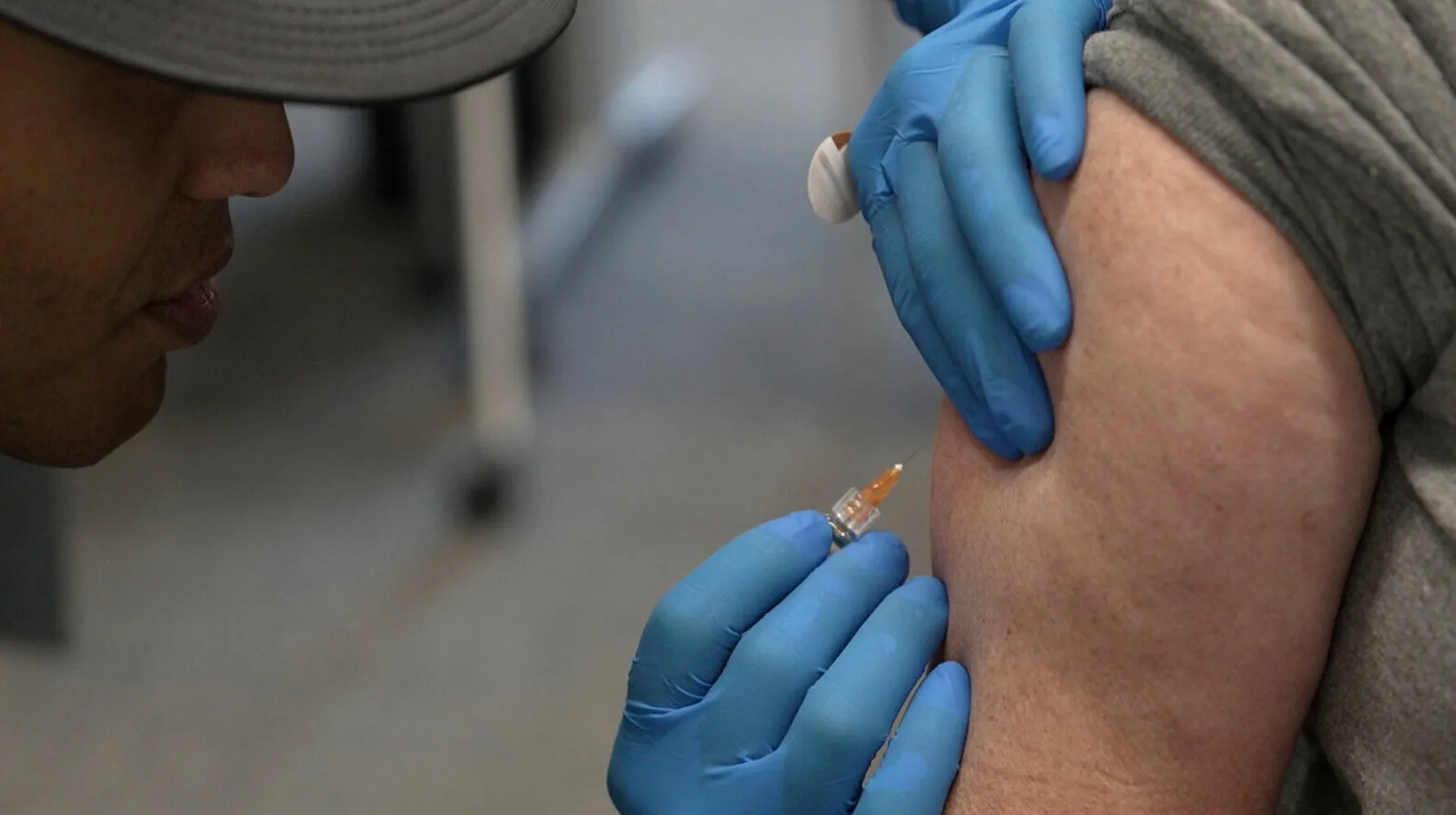
As of last Friday, nearly 200 individuals in Texas have been reported to have contracted measles, marking a significant rise in cases for the region. This outbreak coincides with reports from New Mexico, where a deceased individual in Lea County recently tested positive for measles. Although it’s unclear whether measles was the cause of death, health authorities are investigating the case thoroughly.

The Texas Department of State Health Services has confirmed that the outbreak has reached 198 cases, with a notable majority occurring in unvaccinated individuals—80 confirmed cases in unvaccinated people, 113 with unknown vaccination statuses, and only five in those who were vaccinated.
Geographic and Demographic Insights
The majority of the Texas cases are concentrated in Gaines County, with 137 individuals affected. This rural area, situated roughly 90 minutes west of Lubbock, is currently the epicenter of the outbreak. Additional cases have been spread across various counties including Terry, Dawson, and Yoakum, among others.
This outbreak predominantly impacts young individuals, with 89 cases recorded among those aged five to 17, and 64 cases in children aged zero to four. The adult population has not been spared, with 34 cases reported in individuals over the age of 18.
The Highly Contagious Nature of Measles
Measles is known for its high contagion levels, capable of spreading to nine out of ten people who are close to someone infected. According to the Centers for Disease Control and Prevention (CDC), the virus can be transmitted from four days before to four days after the rash appears through coughing, sneezing, or even touching infected surfaces.

Vaccination: The First Line of Defense
The CDC advocates for the measles, mumps, and rubella (MMR) vaccine, which offers about 97% efficacy with two doses. This vaccine has been a pillar in preventive healthcare for over 50 years and is generally administered during childhood. However, adults uncertain of their vaccination status are also encouraged to get vaccinated to prevent infection and contribute to community immunity.
Controversial Views Amidst the Outbreak
Amid the growing crisis, Health and Human Services Secretary Robert F. Kennedy Jr. has termed the situation as “serious” and called it a “call to action” to reaffirm commitment to public health. His previous skepticism about vaccines has sparked debate, particularly with his support for treating measles with vitamin A under medical supervision—a stance that has been criticized by health experts as potentially dangerous.
Sue Kressly, president of the American Academy of Pediatrics, emphasized the risks of forgoing the MMR vaccine in favor of alternative treatments like high doses of vitamin A, which can lead to severe health complications, including liver damage.

What Lies Ahead?
The Texas Department of State Health Services warns that “due to the highly contagious nature of this disease, additional cases are likely to occur in the outbreak area and the surrounding communities.” This statement underscores the urgency of addressing the outbreak and enhancing efforts to boost vaccination rates among the population.
